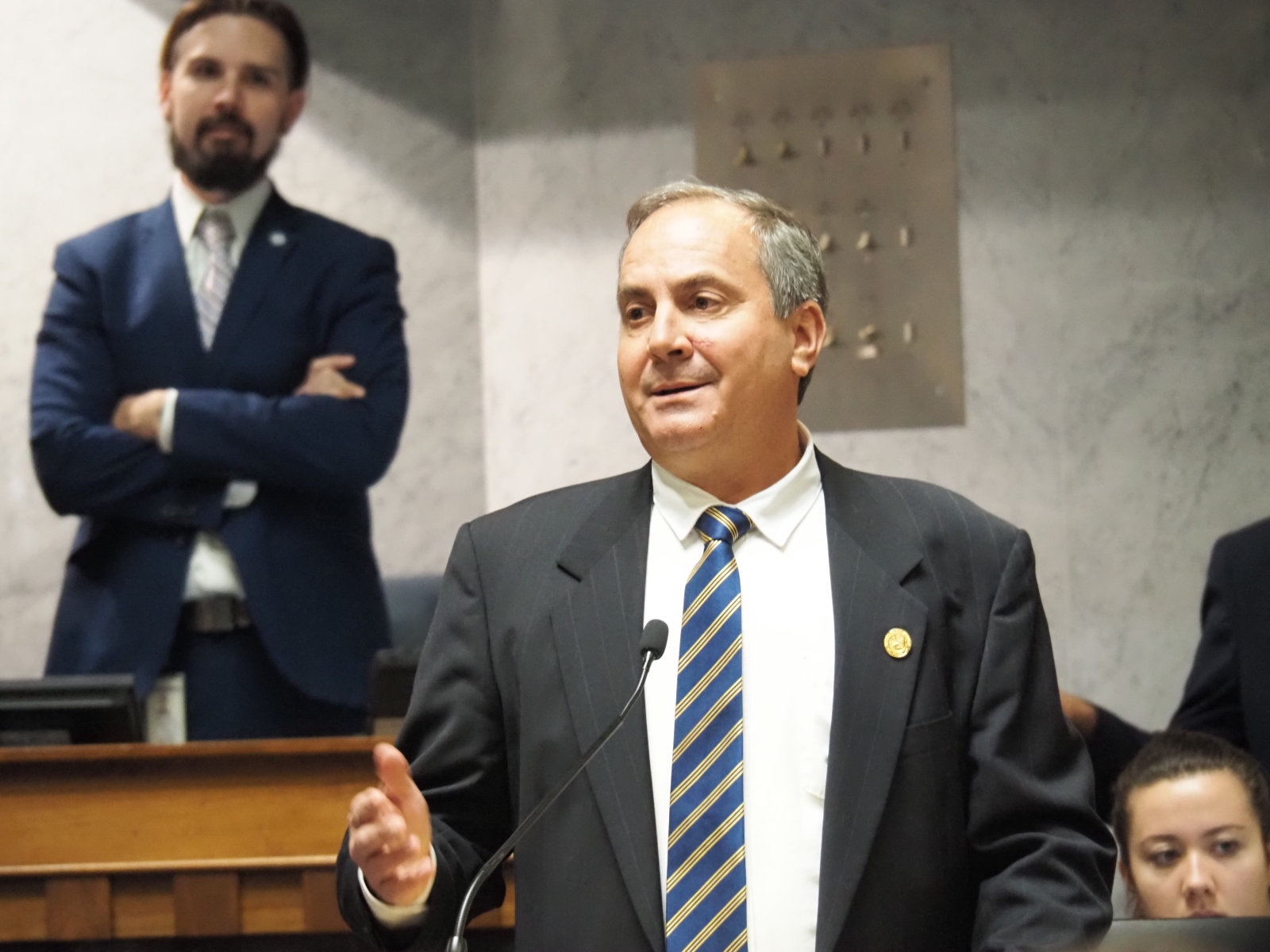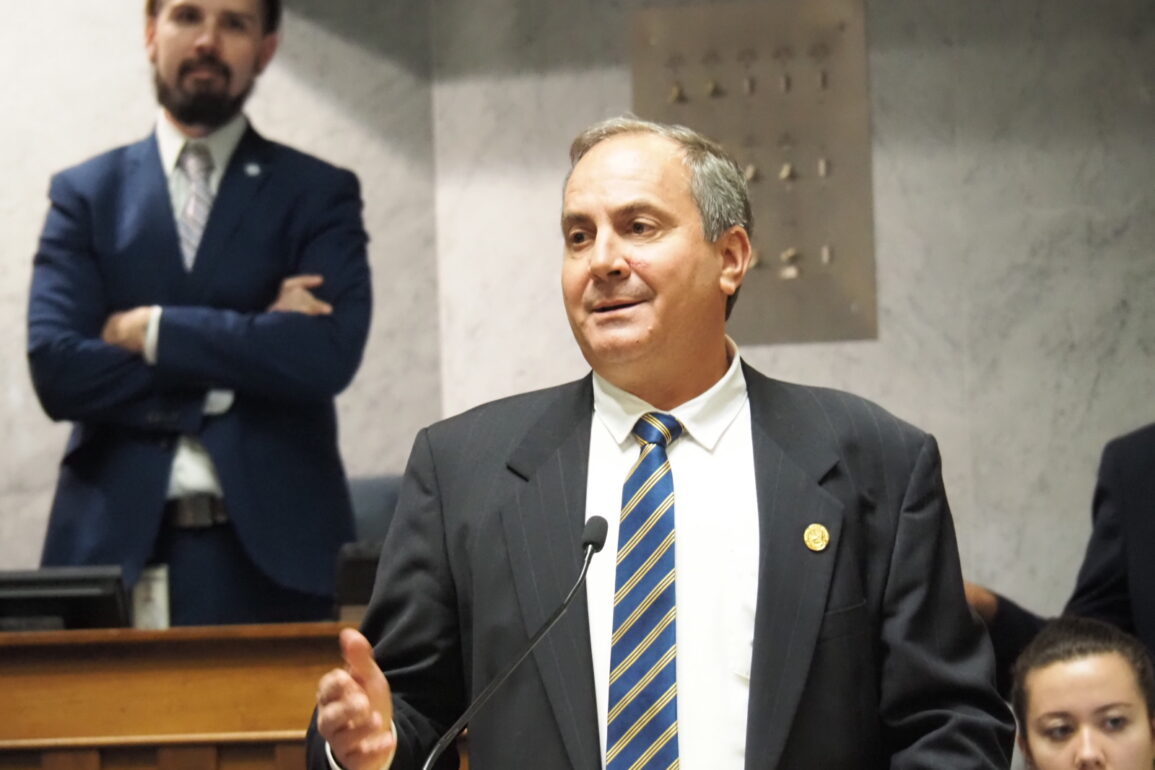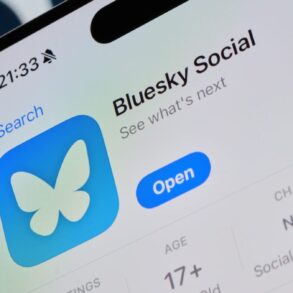
Despite their reservations, Republican and Democrat committee members largely united Wednesday to advance legislation banning social media use by Hoosiers who haven’t yet turned 16, unless they get parental permission.
Senate Bill 11 would require a social media operator like Facebook or TikTok to restrict a minor from accessing the site if they did not receive “verifiable parental consent” from the minor’s parent or guardian. Just one Democrat, Chesterton Sen. Rodney Pol, voted against the bill’s advancement.
“We’re not here to moderate content. Just think of this as letting your kid go into a building that’s called ‘social media,’ and these different apps are in there,” said author Sen. Mike Bohacek, R-Michiana Shores.
He introduced the bill to Senate Judiciary Committee members last week but warned that numerous changes were on the way.
Edits made
The legislation originally allowed parents and legal guardians to sue social media providers if their children access social media without their consent — and “any person” could sue for injunctive relief.
Lawmakers ditched those provisions on Wednesday, via the contentious but unanimously approved Amendment 4.
Language allowing parents to sue if their children are bullied online was also axed, as promised last week. Bohacek said at the time that it was “a little bit too much.”
Indiana bill would ban social media accounts for Hoosiers under age 16 without parental consent
They kept, but tweaked, language allowing Indiana Attorney General Todd Rokita to sue social media operators. Now, he must first send a notice of violation and give the operator 90 days to cure the violation before filing a lawsuit.
The amendment also added a more specific definition of social media.
The legislation previously defined it as any website or “any other form” of electronic communication through which users “create or use online communities to share information.”
Now, it’s defined as an internet-based application that allows users to create accounts or profiles to interact with other users, view others’ content, create their own content and share content. Applications for gaming, organizational communication and others are excluded.
“The trickiest part is defining social media. That’s very hard to do,” Bohacek said, comparing the task to defining “the taste of chocolate milk.”
The amendment also added encryption requirements to a provision mandating that operators use “commercially reasonable methods” to secure all the information they collect and transmit under this part of Indiana Code.
Other sections on data retention also saw tweaks.
Sen. Scott Alexander, R-Muncie, said he appreciated the progress made.
“This is an extremely hard thing to get law around, because it’s constantly changing, constantly moving, he said. “… But I appreciate the effort on it. We’re a long way from where we started, and there’s a long way yet to go, too.”
Sen. Sue Glick, R-LaGrange, voted in support but expressed skepticism.
“I really am not sure these people are going to be able to ascertain whether they’re dealing with kids or adults, and I don’t think we ironed out those differences,” she said. “I reserve the right to vote against it on the floor, but for today, I’ll move it along.”
GET THE MORNING HEADLINES.






